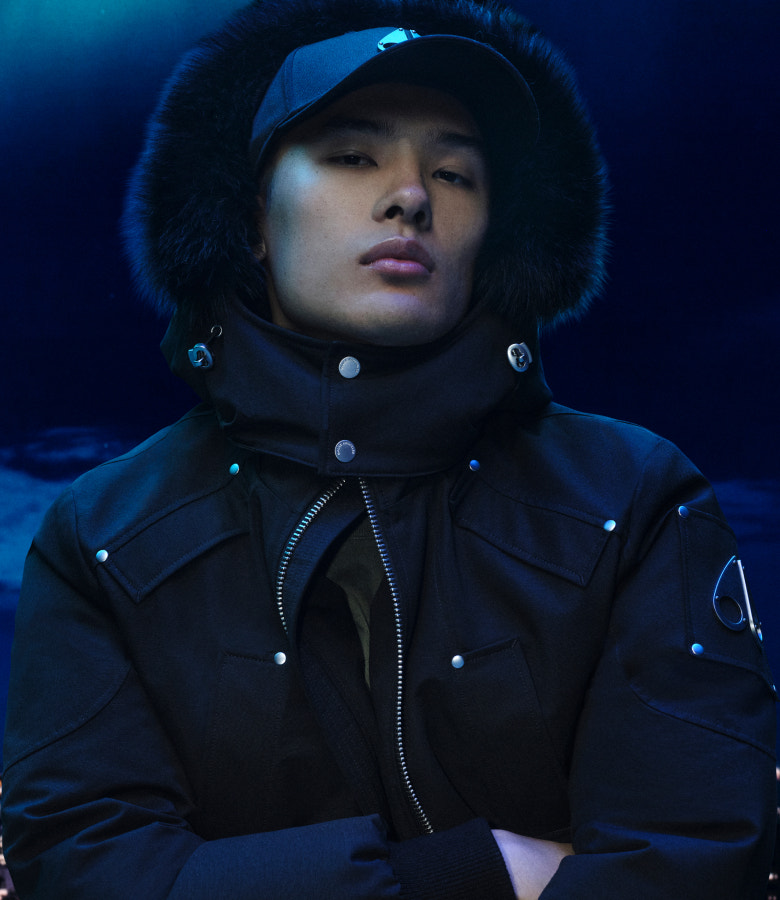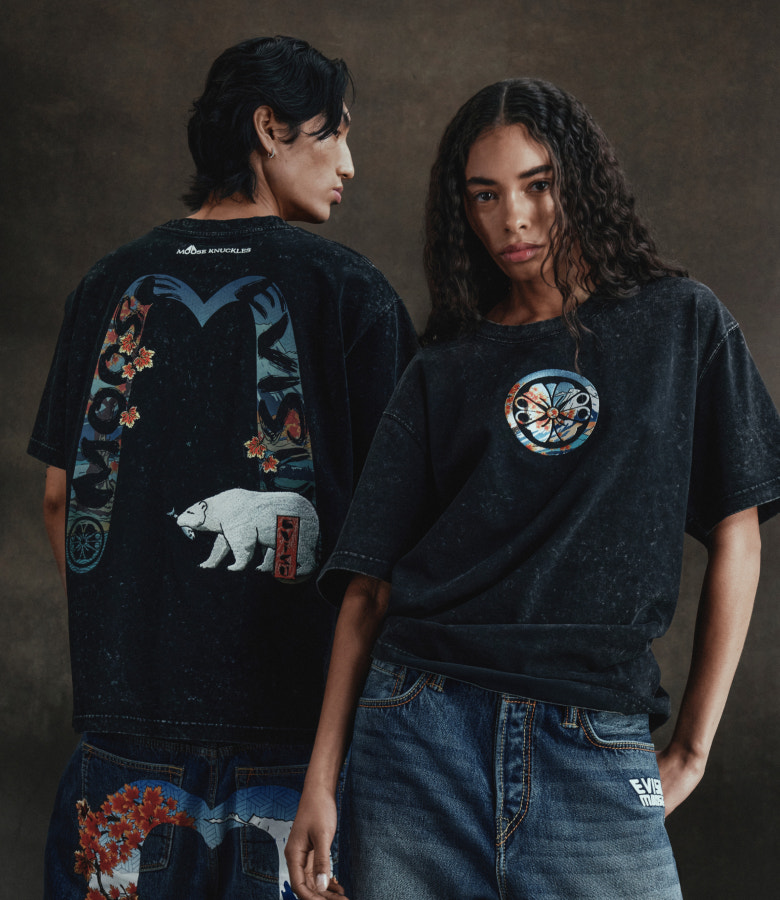Our mission is to make the very best products in the world, and – while we do it – to be the very best company, team, and people we can be. We will find and eliminate any harm – environmental, social, or economic - we might do. And, we’ll look for and maximize all the good we can. Everything and every person we do business with – directly or indirectly – will be better off for having known us.
We care about our impact on the world.
Since some of our garments use animal products - down, fur, leather, wool, or shearling, for example – we extend our care and concern to the animals that give us those materials. We care deeply about their welfare and we do everything in our power to safeguard it.
Fur
Because it is so uniquely effective at protecting against cold and wet conditions (with several layers of hair for insulation and for repelling rain and sunlight), fur has been used by humans for millennia. Today, commercially-used fur might be from farmed animals, animals trapped in the wild, or from skins recovered from other uses.
Some Moose Knuckles customers want garments with fur for function (protection against the elements). Some choose fur for fashion (such as on trim, pom poms). And some customers choose to avoid fur entirely. We respect everyone’s right to make that choice for themselves, and we make great products to satisfy them all.
Moose Knuckles’ fur is almost entirely from farmed fox. Like down, all of our fur has been certified to a standard that protects the welfare of the animals. We rely on the certifications provided by the Saga/WelFur program to ensure the same five freedoms for the farmed animals. Administered, audited, and verified by third parties, the Saga/WelFur program addresses these elements of each farm’s operations:
- Animal well-being and health, through preventative and responsive practices;
- Conditions that encourage normal behaviours, safety, and stimulation for the animals;
- Farm hygiene to promote the welfare and comfort of both animals and the farmer;
- Breeding practices that promote health and well-being;
- Environmental management to minimize the impact of certified farms especially through best practices for manure, waste management and the watering system;
- Feed management that assures nutritional needs are met, and with preference for domestic raw materials; and,
- Training and preparation for exceptional situations
Fur-bearing animals are sensitive and social beings and they deserve our compassion and humanity. We will only ever purchase fur that comes to us through suppliers that agree with that ethical perspective, and whose practices are transparent, traceable, and audited by third-parties.







